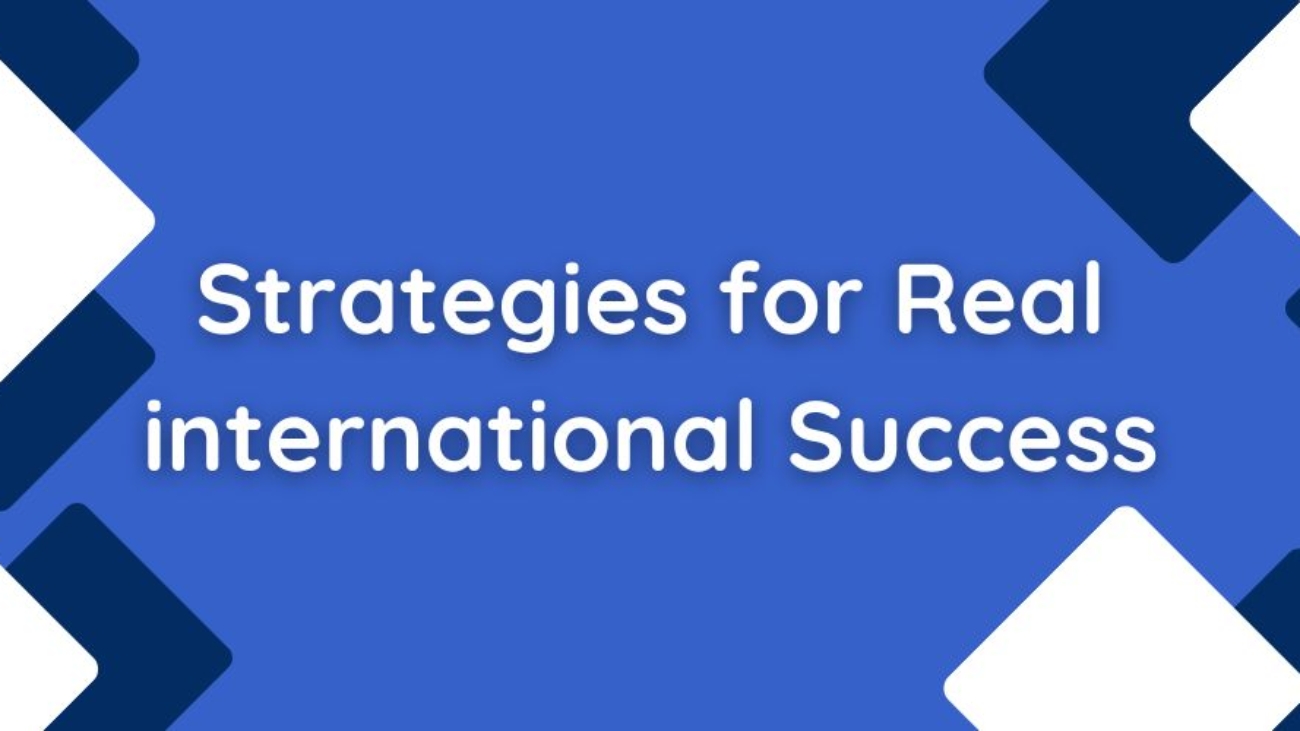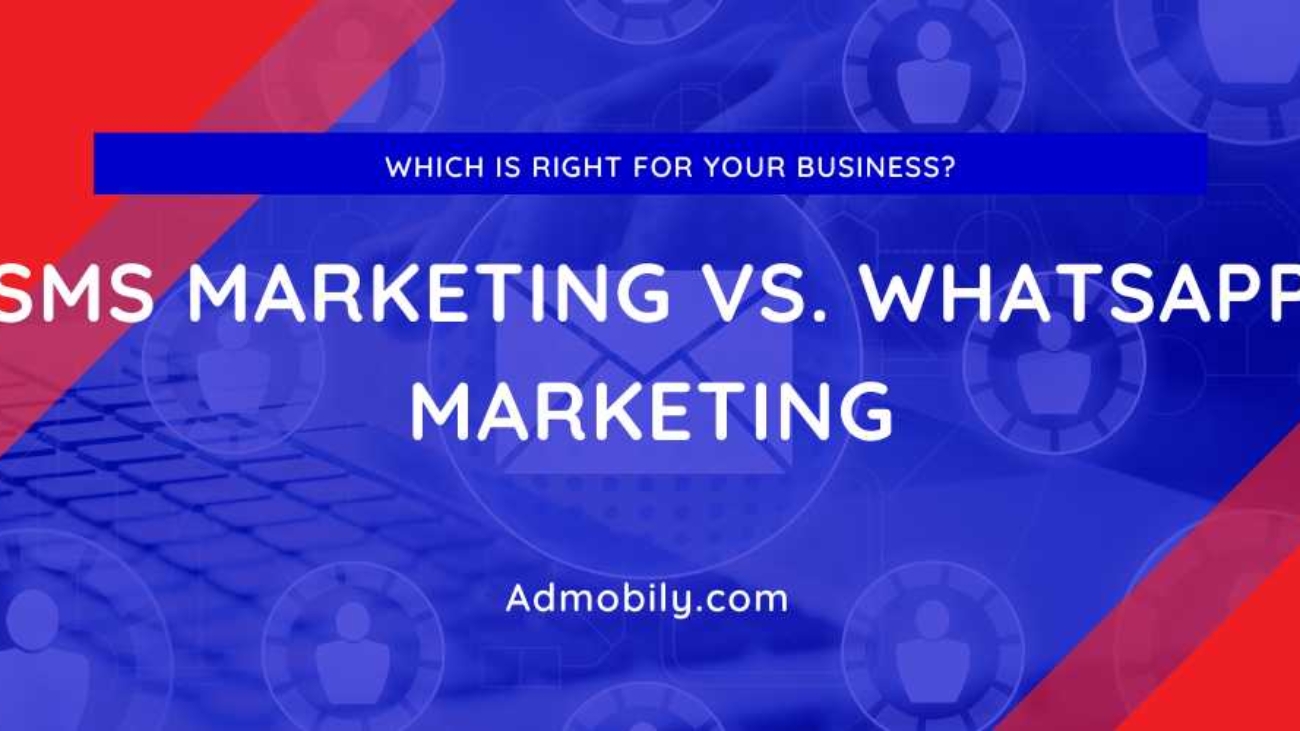In cutting-edge speedy-paced digital realm, effective conversation can set the stage for business triumph. SMS marketing has emerged as a potent device, permitting direct interaction with audiences on their cell gadgets. In this comprehensive manual, we delve into the arena of SMS advertising, uncovering strategies and insights to help you harness its potential and attain tangible success.
1. Crafting Messages That Captivate:
Understanding SMS Marketing:
SMS marketing includes delivering targeted messages instantly in your target audience’s cellular phones. It’s a right away channel that bypasses clutter, imparting a unique possibility for engagement.
Creating Impactful Content:
Crafting concise, precious messages is on the center of a success SMS advertising. Focus on what matters most on your recipients: the advantages they gain from enticing along with your message.
2. Personalization: Forging Connections That Count:
The Power of Segmentation:
Recognize that not all customers are alike. Segment your target market primarily based on demographics, conduct, and options. This enables you to tailor messages that resonate deeply with each institution.
Dynamic Personal Touch:
Incorporate personalization by using the use of recipients’ names or relevant information. This easy contact makes your message experience like a one-on-one interaction.
3. Timing and Balance:
Strategic Timing:
Choosing the proper time to send messages can drastically impact engagement. Study your target audience’s behavior styles to decide top-quality transport times.
Avoiding Overload:
Maintain a wholesome stability between staying in touch and inundating your audience. Well-timed, relevant messages save you fatigue and keep your logo pinnacle-of-thoughts.
4. Complying with Trust-Building:
Securing Consent:
Always make sure you have express consent from recipients to acquire messages. This ethical technique builds a foundation of trust.
Clear Opt-Out:
Include an straight forward decide-out method, displaying admire for recipients’ options and reinforcing transparency.
5. Insights and Growth:
Analyzing Performance:
Regularly examine key metrics like open quotes, clicks, and conversions. These insights manual your method’s evolution.
Continuous Refinement:
Utilize A/B checking out to test with message codecs, calls-to-movement (CTAs), and sending schedules. Adapting based totally on actual-international effects maintains your strategy powerful.
6. Integrating SMS with Your Strategy:
Holistic Engagement:
Blend SMS marketing seamlessly with your broader conversation approach. A unified method throughout e mail, social media, and SMS amplifies your impact.
Conclusion: Elevating Your Business with SMS Marketing
SMS advertising and marketing isn’t just about sending messages; it is approximately growing connections that be counted. By handing over cost, embracing personalization, and adhering to moral practices, you may build significant relationships along with your target market. SMS advertising and marketing empowers your commercial enterprise to interact without delay with clients and force impactful outcomes.
Ready to discover the ability of SMS advertising and marketing? Armed with these strategies, navigate the dynamic landscape of virtual verbal exchange and steer your commercial enterprise toward resounding fulfillment.



